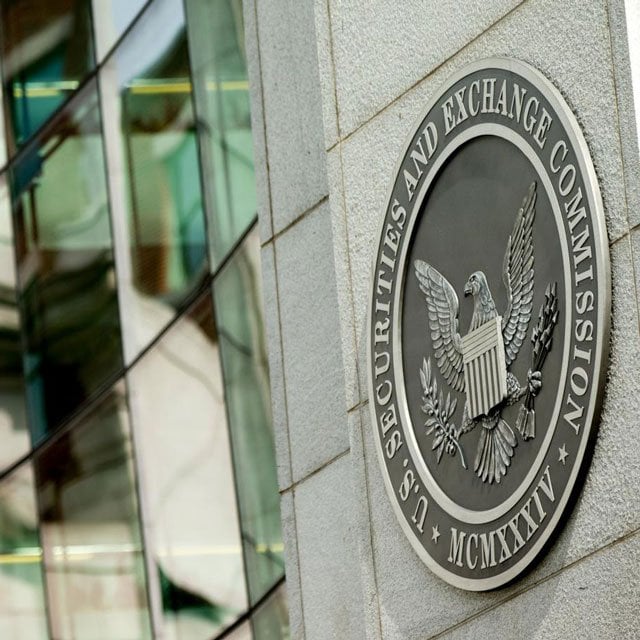2 More RIAs to Pay Nearly $900,000 Over 12b-1 Fees

The two Republican commissioners dissented from the SEC’s charge of best-execution failures, stating that the action “is only the latest in a long line of actions alleging that mutual fund share class selection implicates the duty to seek best execution. In these cases, although the Commission could establish a violation of Section 206(2) of the Advisers Act by making findings solely with respect to the advisers’ disclosure failures, the Commission went a step further and alleged best execution violations. This is problematic.”
The Huntleigh Advisors and Datatex action is another in a “long line of cases in which a investment adviser, in a fiduciary role, failed to avoid the conflict of interest, resulting in harm to the client,” Ron Rhoades, associate professor of finance at Western Kentucky University and director of its personal financial planning program, told ThinkAdvisor Tuesday in an email. “The receipt of 12b-1 fees by the RIA’s affiliated broker-dealer harmed the client. It resulted in lower returns to the client.”
Said Rhoades: “While the fact that the RIA’s affiliated broker-dealer ‘may directly or indirectly receive 12b-1 fees’ was disclosed in the advisory agreement with the client, that disclosure was insufficient.”
When a conflict of interest is present, Rhoades continued, “the disclosure of same must be of all material facts, and the investment adviser possesses a duty to ensure that the client understands those facts – including the ramifications to the client. In this instance, the disclosure was inadequate.”
Even if disclosure had been adequately made, Rhoades said, “there was a breach of the fiduciary duty of due care, in not securing ‘best execution.’ By investing in share classes with 12b-1 fees, when lower-cost institutional share classes were available without 12b-1 fees, the duty of best execution (a ‘quasi-fiduciary’ duty of brokers, and part of an investment adviser’s fiduciary duty) was violated.”
The firms were ordered to pay disgorgement, prejudgment interest, and a civil penalty, totaling $893,502 as follows:
Huntleigh shall pay disgorgement of $608,251 and prejudgment interest of $105,251, and a civil penalty of $130,000.
Datatex shall pay a civil penalty of $50,000.




